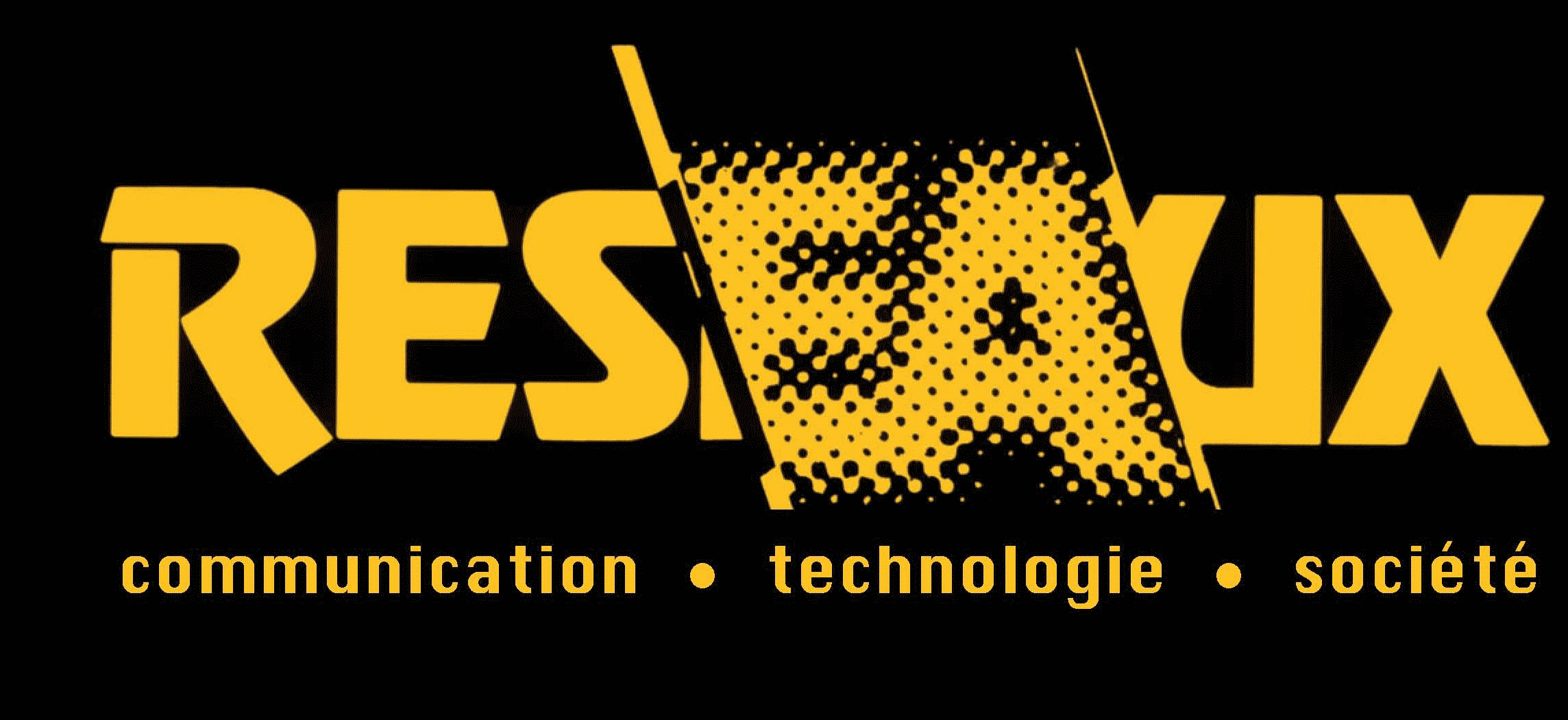Eliciting usage stories of ‘intelligent’ self-care devices by means of the ‘story completion method’
The aim of this article is to show that it is possible to include users of artificial intelligence technologies in reflection on the uses of those technologies, and to integrate the knowledge thus produced into their design. The article looks at wearable devices or intelligent sensors for people living with Parkinson’s disease, drawing on an international project in which several self-care devices involving learning algorithms are being developed. Using stories obtained via a method known as Story Completion Method, it examines the multiple practices revealed in the stories created by the participants. We see that while these devices equip patients’ work on and with digital re-presentations of a ‘dysfunctional’ and unpredictable body, they also require ‘equipped reflexive work’ to make the data generated by these technologies understandable and meaningful. These different ways of working, as recounted by the patients, will serve to initiate reflection on approaches to the design of so-called ‘intelligent’ self-care devices.
- self-care
- technologies
- narratives
- uses
- algorithms
